Data science is potentially the hottest career of the 21st century. In today’s high-tech world, everyone has urgent questions that need to be answered with “big data”. From corporations to nonprofits organizations to government institutions, there is a seemingly endless amount of information that can be sorted, interpreted, and used for a variety of purposes. Read on to learn how to become a data scientist and enter on this booming career path!
However, searching for the correct answers can be a serious challenge. How can any company sort the purchase data to create a marketing plan? How can government agencies use role models to create engaging community activities? How can a nonprofit organization make the most of the available marketing budget to further improve their potential business?
These all depend on the data scientists.
As there is so much information for the normal person to process and use, data scientists are trained to collect, organize, and analyze data to help people from all walks of life.
Every Data scientist comes from various educational backgrounds, but most of the data scientists have a technical background. Data science degrees cover a wide range of computer science degrees, but could also cover areas of math and statistics. Training in business or human behavior is also common, which supports more precise conclusions in their work.
There is an almost limitless amount of information and there is an almost limitless amount of uses for data scientists. If this exciting job fascinates you, let’s take a closer look at the career as a whole. Find out what they are doing, who they serve, and what skills they need to get the job done.
How to Become a Data Scientist
Below given are three basic steps to becoming a data scientist:
- Earn a bachelor’s degree in Information technology, computer science, mathematics, physics, or any other related field;
- Earn a masters degree in data or any related field;
- Gain experience in the field you want to work in (e.g. healthcare, physics, business)
Data Scientist Education Requirements
There are so many ways to make a career in data science, but getting into this field is impossible without a college education. A minimum of four years of study is required, taking into account that 73% of professionals in the industry have graduate degrees and 38% have PhDs. If your goal is an advanced leadership position, you must pursue a Masters in data science online or offline or PhD.
Many colleges and institutes offer degrees and also masters in data science online. This will give you the skills to process and analyze a complex data set and includes a lot of technical information on statistics, computers, analysis techniques and more. Most data science programs also have a creative and analytical element that enables you to make judgments based on your searching.
Best Data Science Courses to Take
If you are new and starting out in the field of data science or machine learning or you are a professional looking to learn something new, check out some of the best data science courses.
This field of Data science is a constantly changing field, and keeping up with it is critical to continued success and growth. One of the best ways to brush up on your old skills and acquire new ones is through online courses from subject matter experts. Whether you are fresher in the data science field or you are an experienced and looking to learn something new, you can take some of the best data science courses that touches the following:
- Data Analytics: In this course, you will learn the skills needed to be up to become you job ready and in less than 6 months. It’s not require any degree or experience.
- Python: You can learn to Program and Analyze Data with the Python language in this beginner level data science with python course.
- Machine Learning: you can learn the most effective machine learning techniques and practice their implementation and application in this course.
- Learn SQL Basics for Data Science: Develop SQL queries in this program for students who have no prior programming experience or any knowledge.
- Deep Learning: you can do Masters in data science with the fundamentals of deep learning and break into AI in this intermediate-level course.
- TensorFlow Developer Professional Certificate: This hands-on program will teach you machine learning skills that you can apply with TensorFlow so you can build and train high-performing models.
- Natural Language Processing: Design NLP applications that answer the questions and analyze sentiments, create tools to translate languages and summarize texts, and even create intermediate-level chatbots in this program.
- Data Visualization with Tableau: This course is intended for beginners to data visualization with no previous experience with Tableau.
- Generative Adversarial Networks (GANs): Enter the GAN space and master the latest GAN techniques through this intermediate course.
Data Science with Python Course Overview
In the Data Science with Python course you will learn to master the concepts of Python programming. Through this data science with Python course certification, teach you data analysis, machine learning, data visualization, web scraping, and NLP. At the end of this course, you will master the basic tools of data science with Python.
Data science is a developing field, and Python has become an important skill for 46% of data science jobs. The demand for data science experts is set to grow with many open positions and seasoned Python experts have an added advantage.
If you have previous programming experience or are familiar with another object-oriented programming language then learning Python will become easier to you. However, it is not mandatory.
After successfully completing the data science with Python course, you will be provided with an industry-wide recognized course completion certificate with permanent validity.

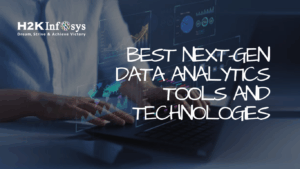


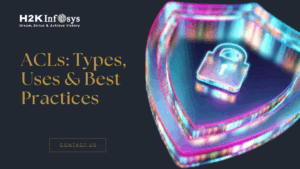



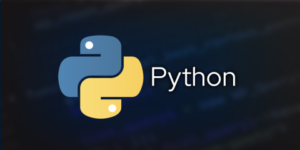
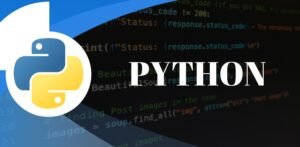
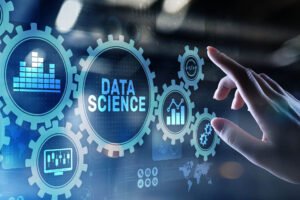
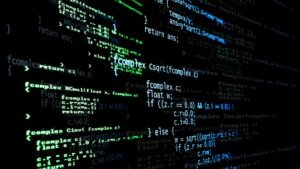
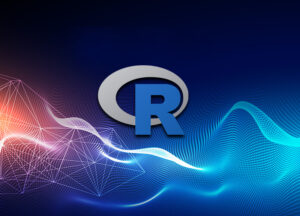
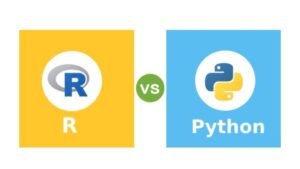


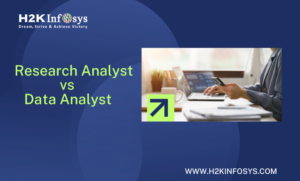

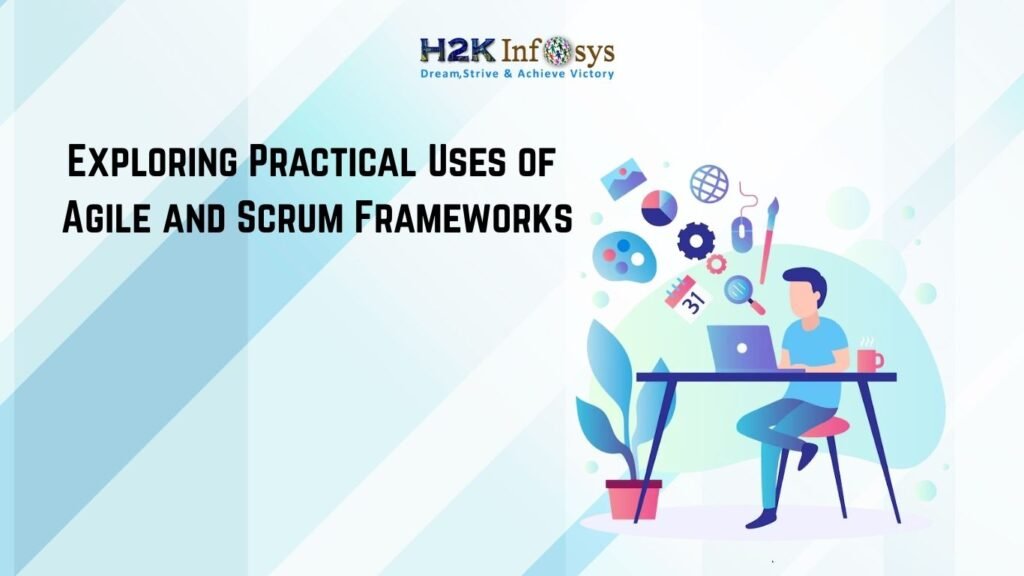
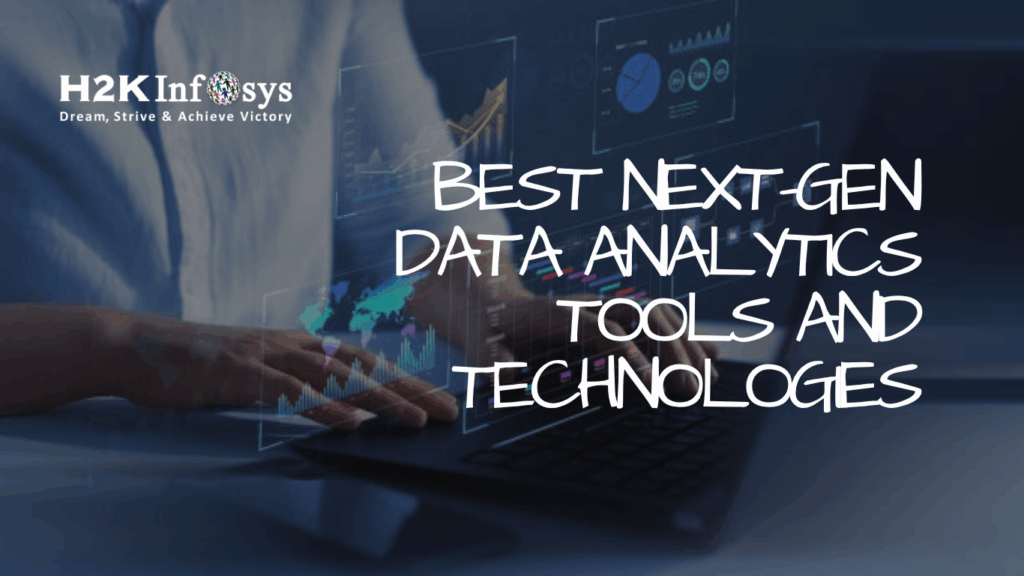

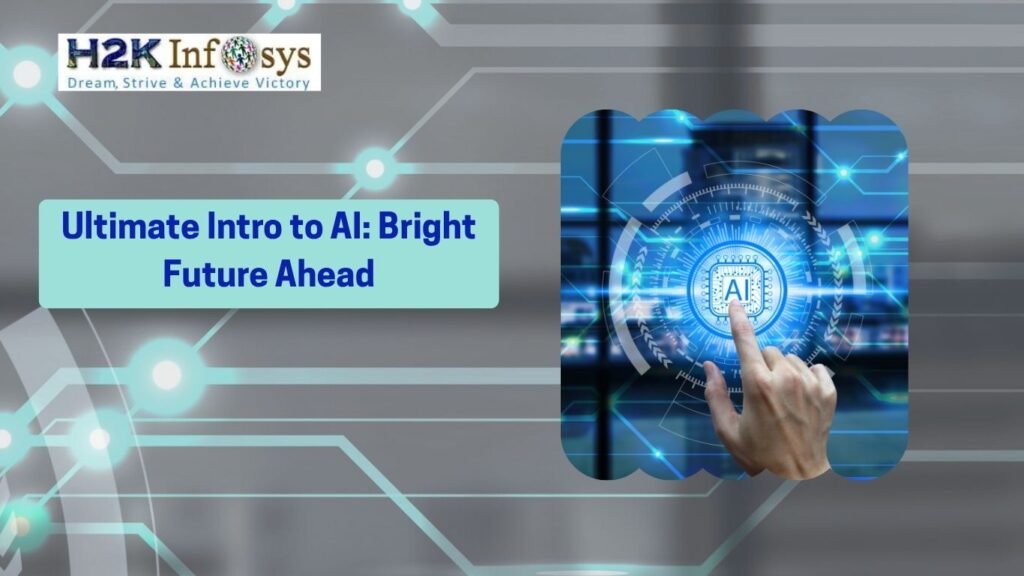
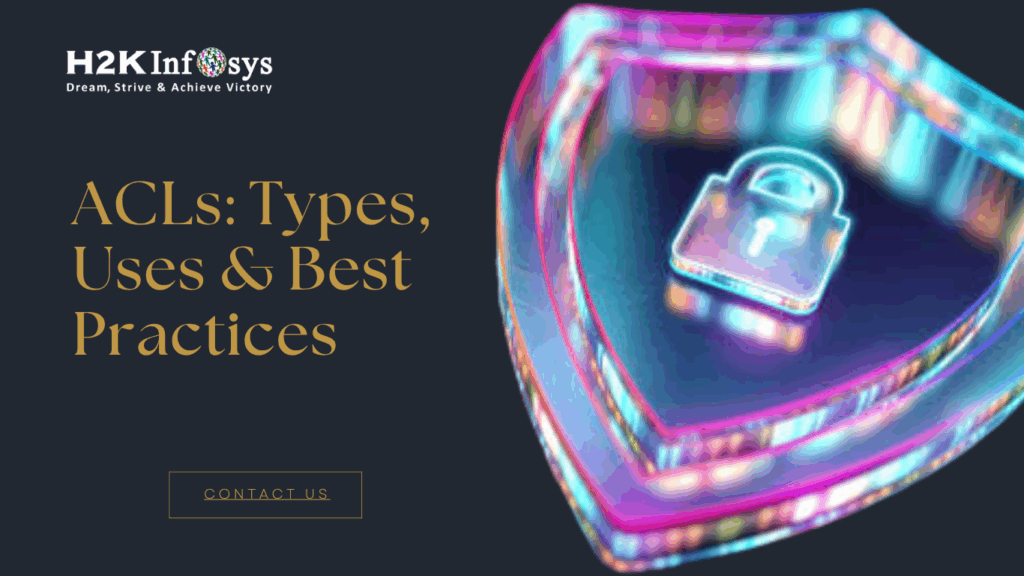
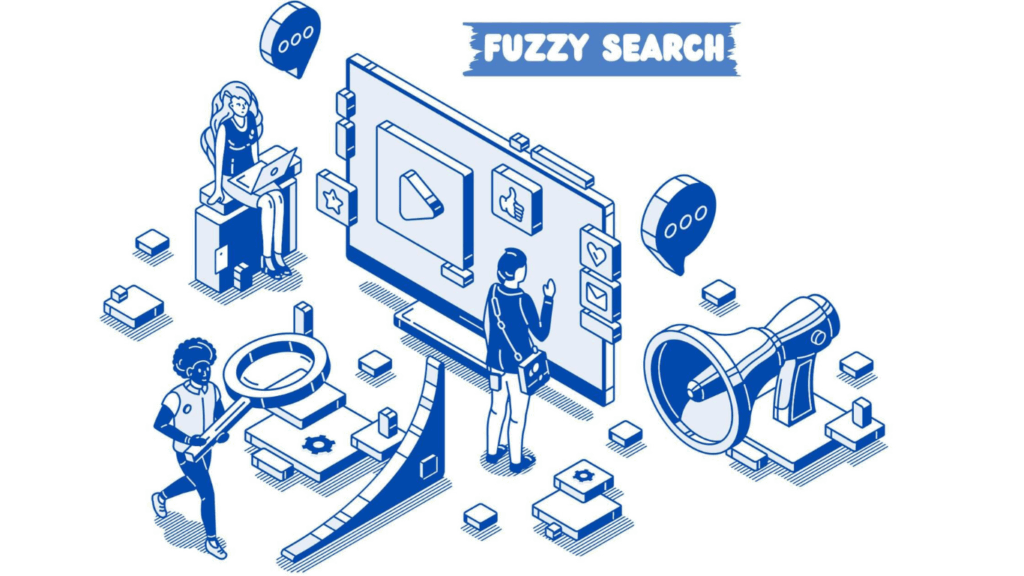


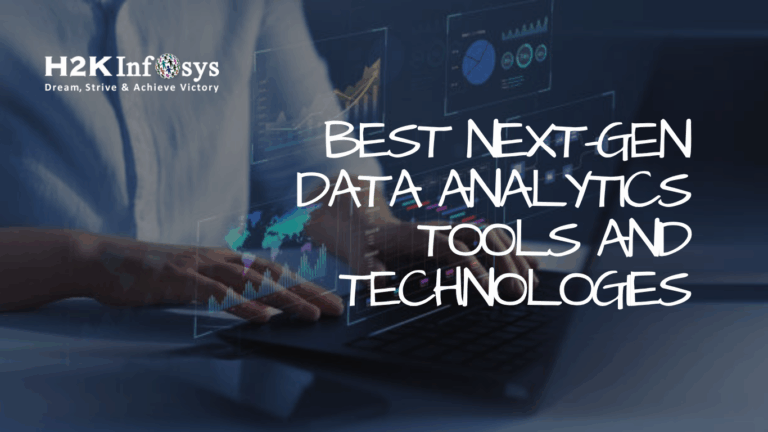

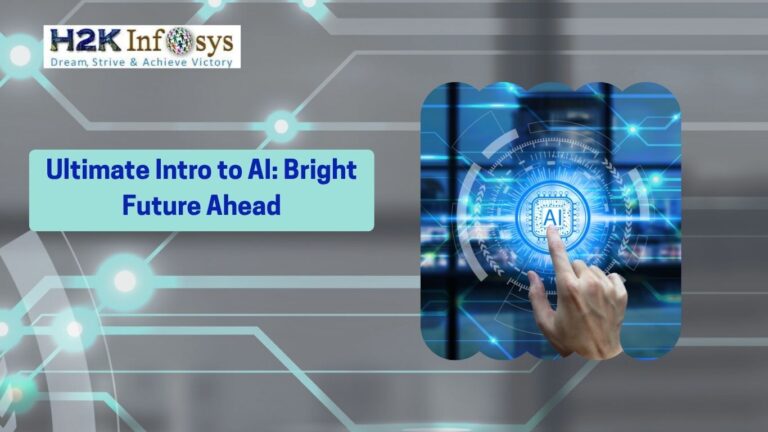

One Response